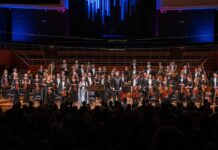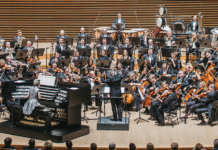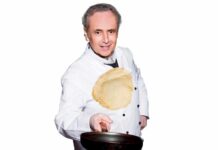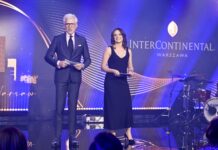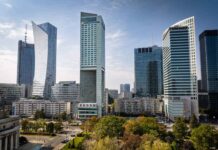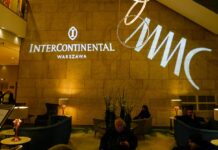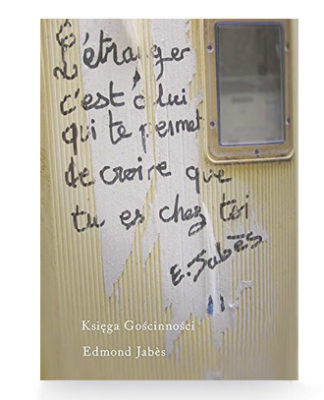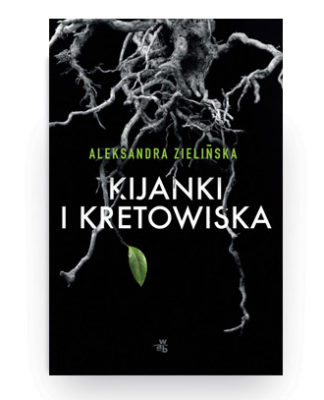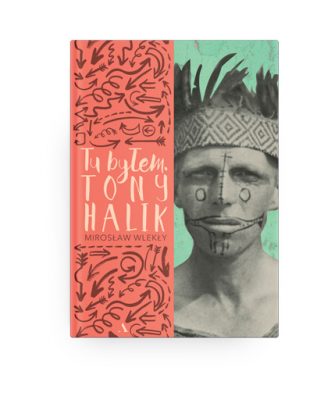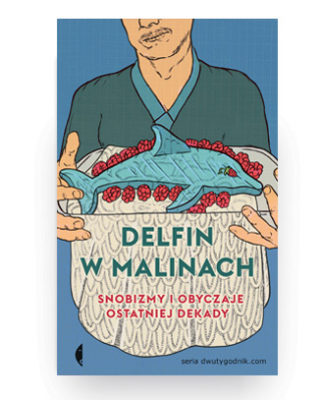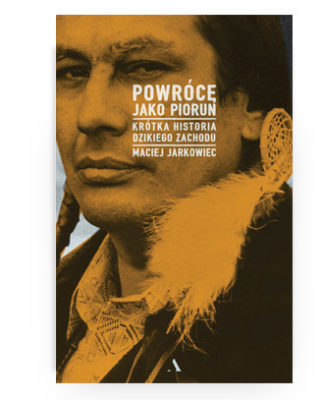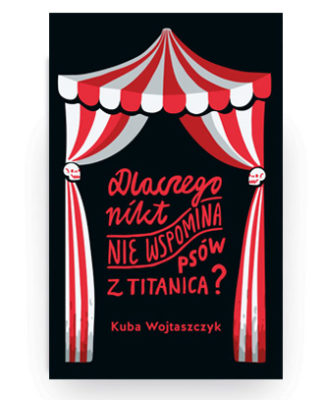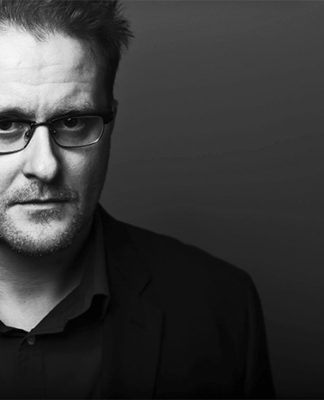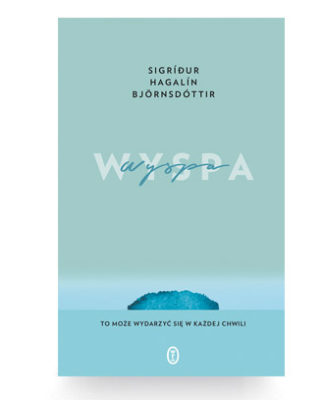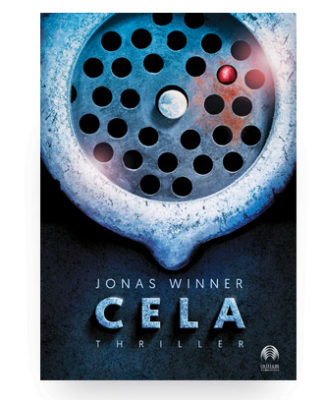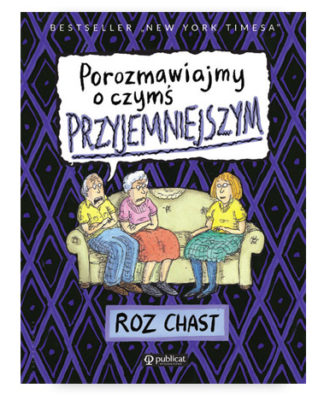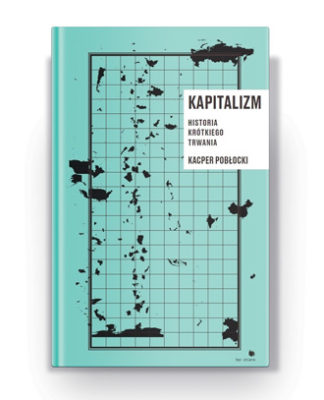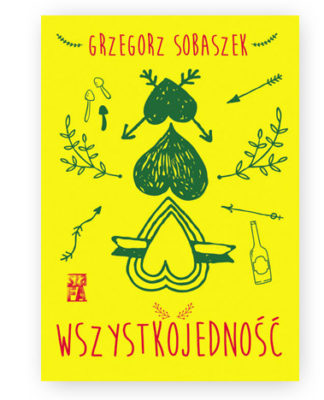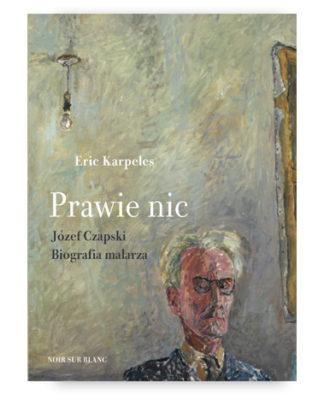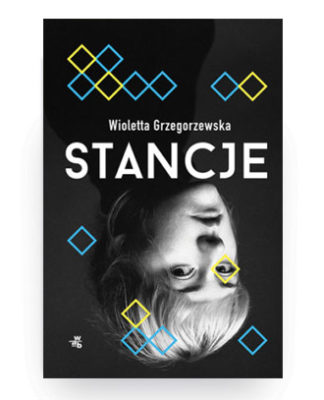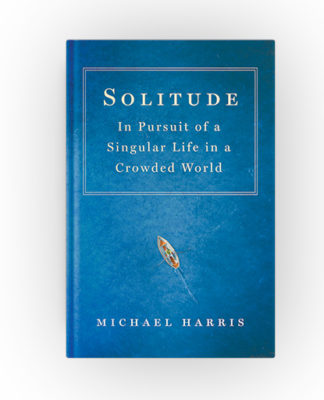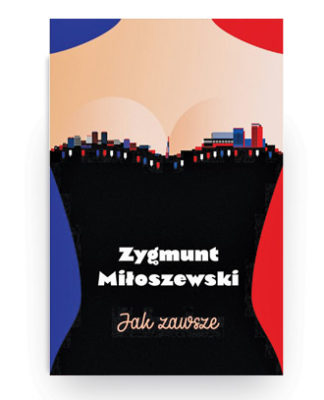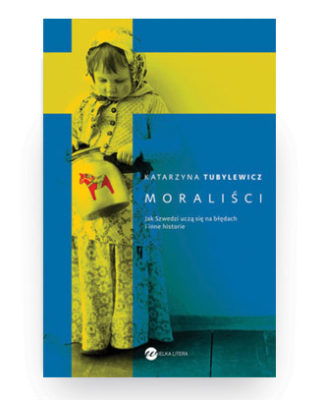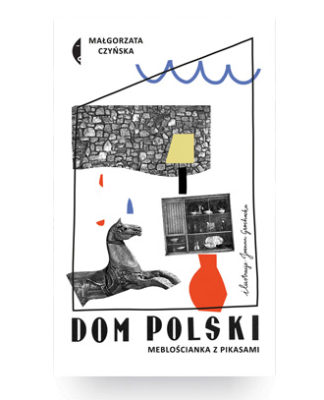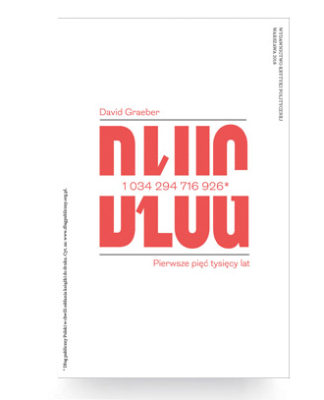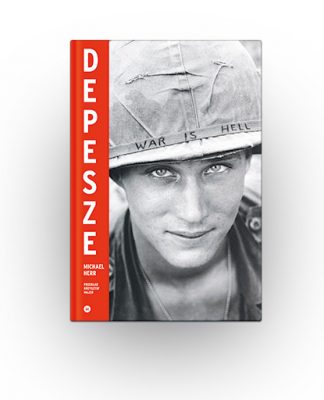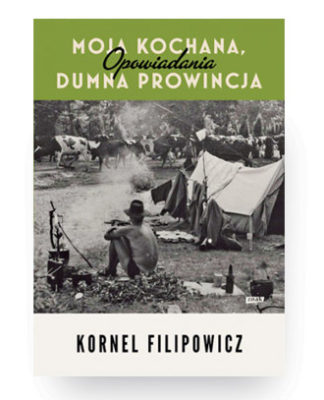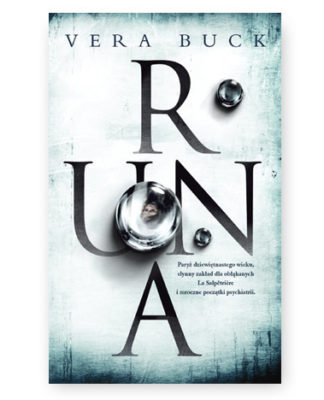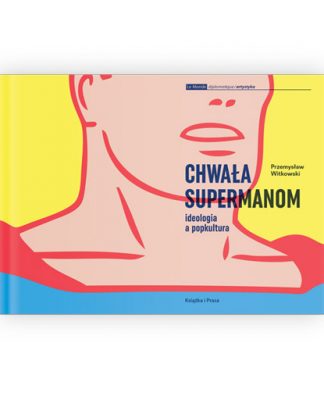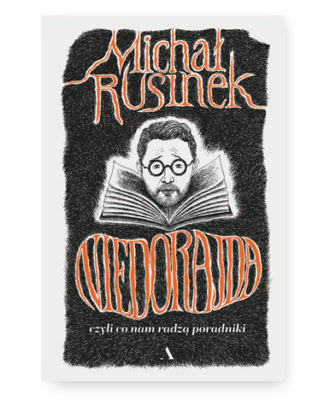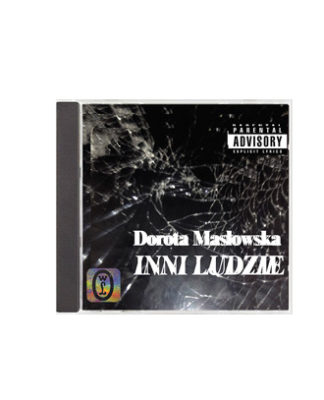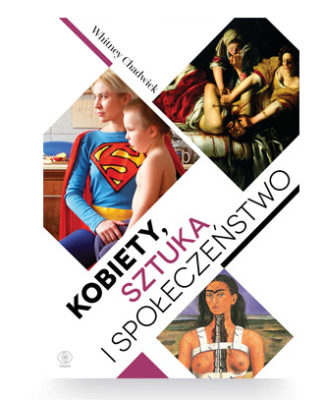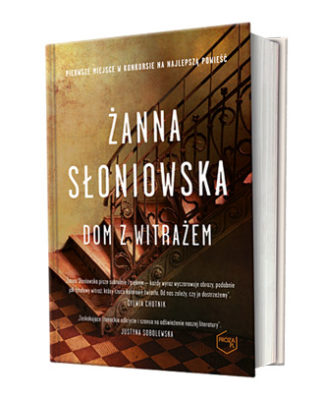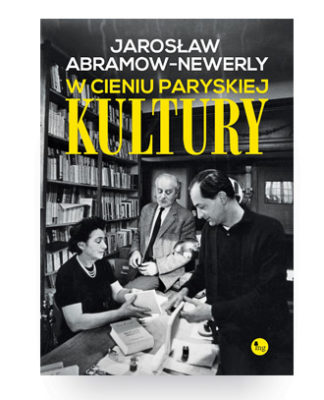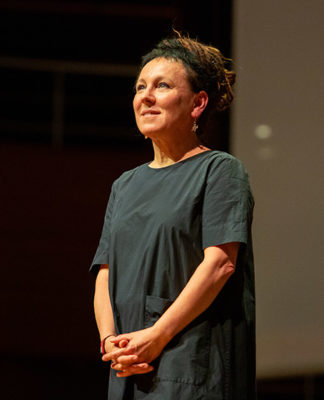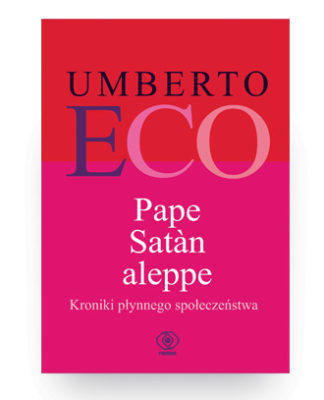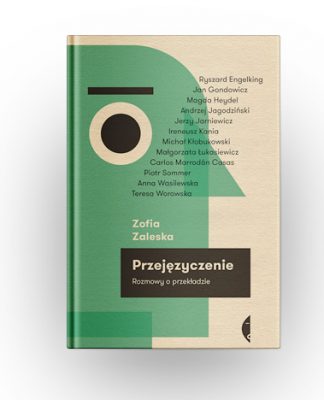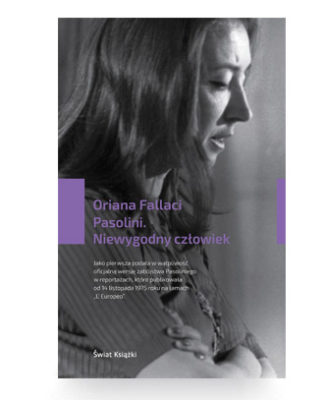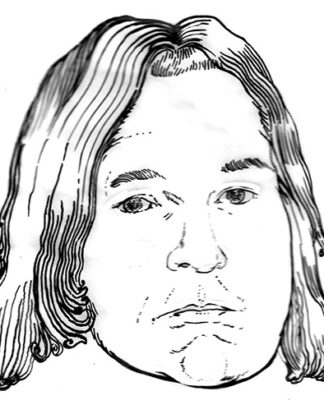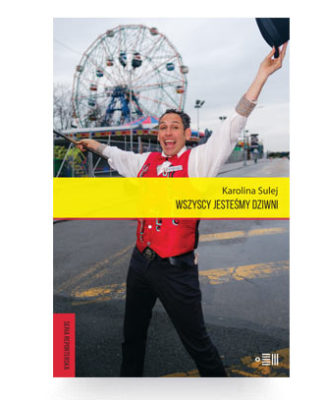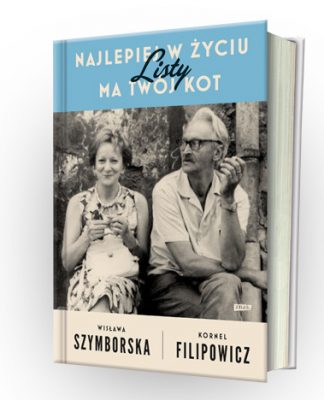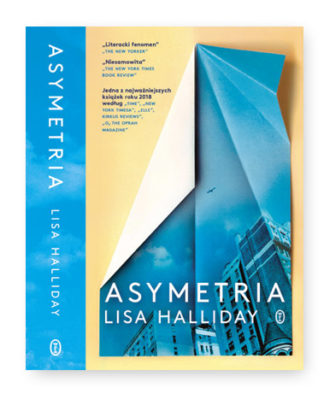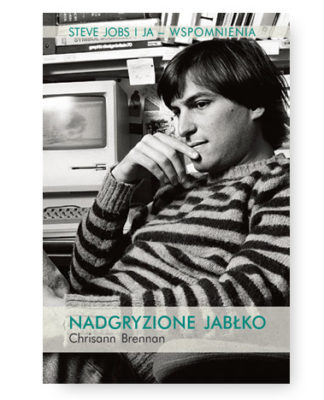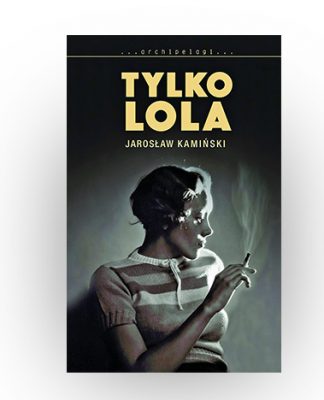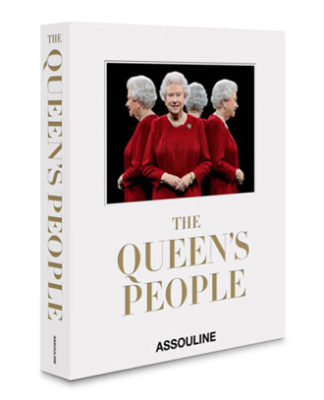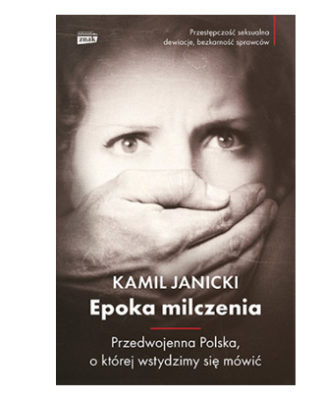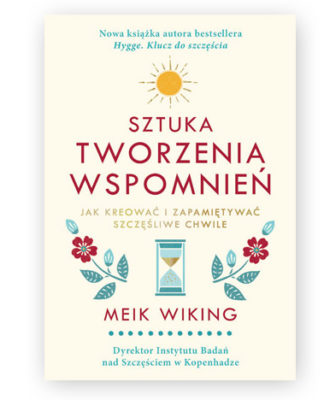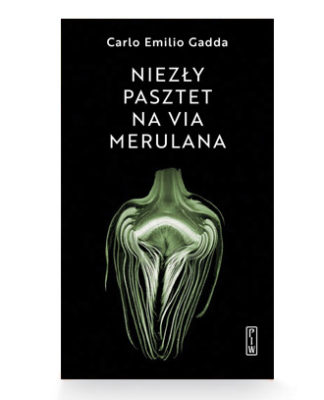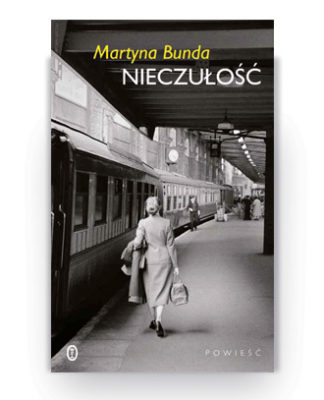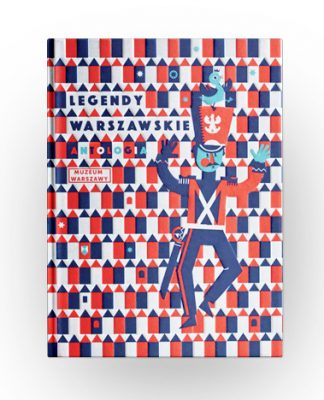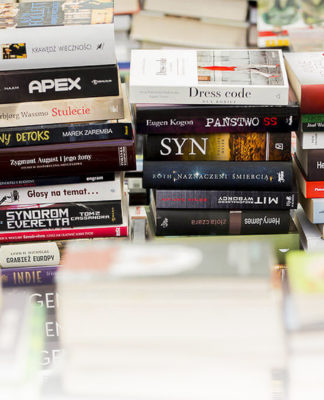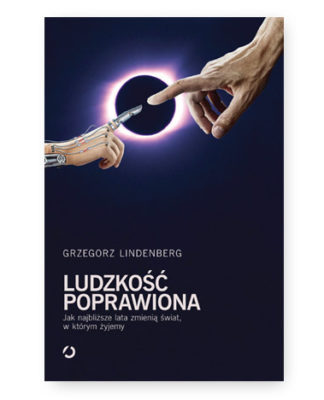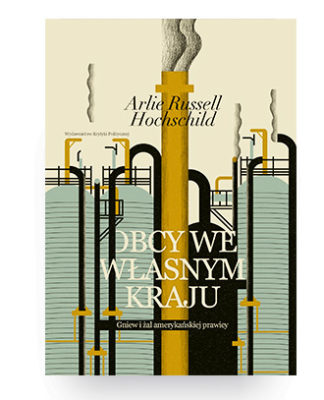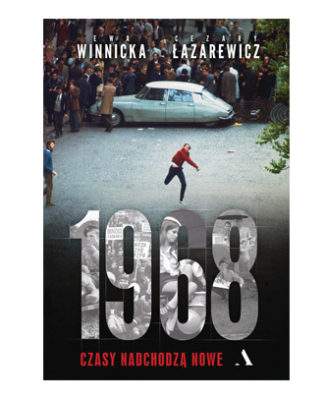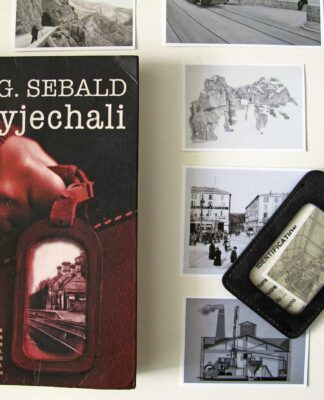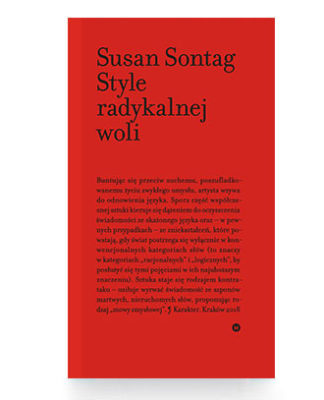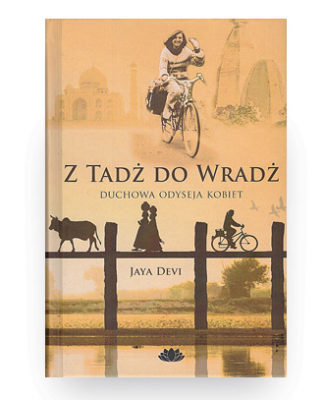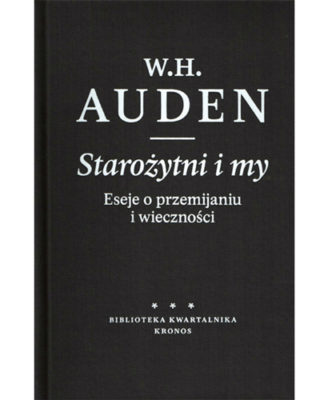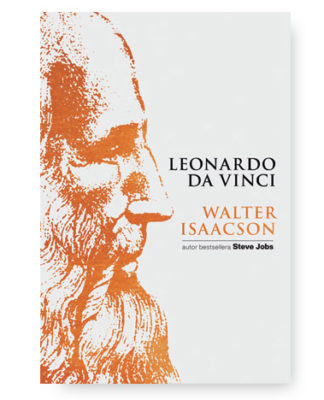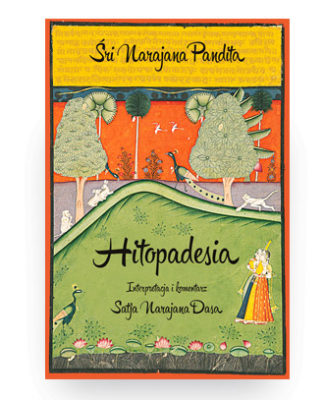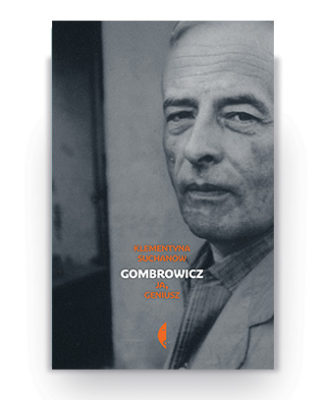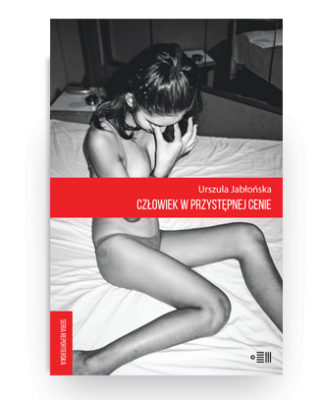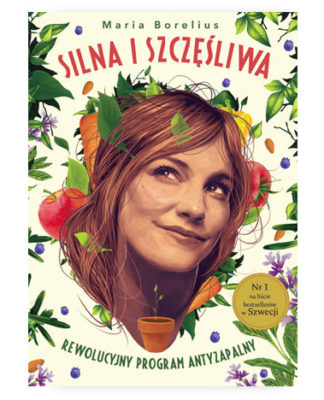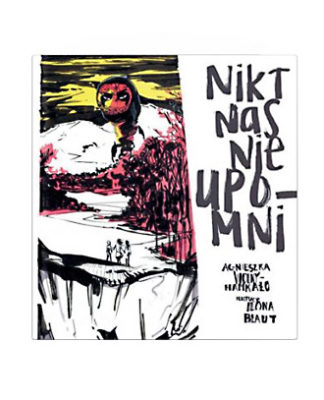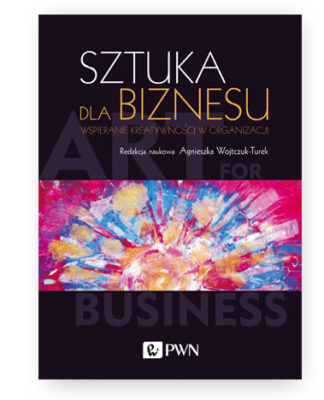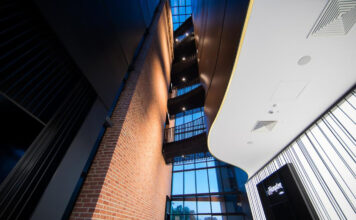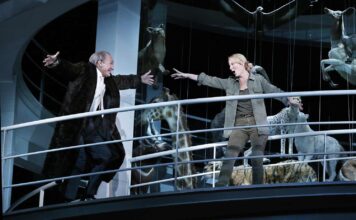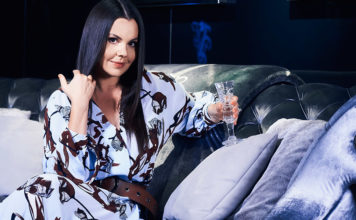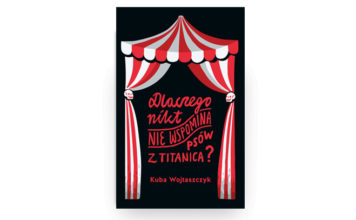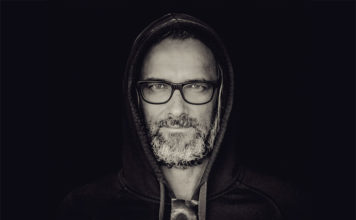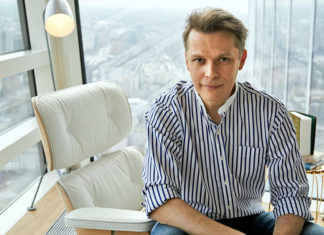Kliknij tutaj, aby przeczytać wywiad w wersji polskiej.
Waldemar Dąbrowski is a great raconteur, so whenever an opportunity arises to talk to the Director of the Polish National Opera at Warsaw’s Grand Theatre, it is impossible to resist. This time, the future of not only opera but civilisation are topics that occupy his thoughts. We meet via Zoom after a rehearsal of the Ukrainian Freedom Orchestra, which he co-founded with Peter Gelb, General Manager of the Metropolitan Opera in New York.
Text: Jansson J. Antmann
Photos: Michał Zagórny
Jansson J. Antmann: The last time we spoke was right after the launch of the Operavision.eu online streaming platform, and then the VOD (video on demand) service on the Grand Theatre’s website in Warsaw. How do you see the role of digital platforms now, ten years later, and do they pose a threat to live theatre attendance?
Waldemar Dąbrowski: The magic of theatre is that both the artists on stage and the audience look for a point that is unmarked, somewhere in between, where this theatrical emotion is fulfilled. The audience gives off emotions that the artists receive, and the artists, by giving themselves and even more, influence the audience. Nothing replaces live contact.
All these technological innovations are great. In a crisis, they give a chance to develop and maintain relationships with the audience, but it is as if you went to a pastry shop, saw the cakes in the window and tried to imagine what they taste like. You can see them, but you can’t really appreciate the perfection achieved by the pastry chef’s handiwork. That is why I personally do not think that VOD is in competition with live theatre.
It rather brings with it a few advantages, and mainly the value of popularising the art of opera.
Of course, the art of opera is by its nature conceived as a celebration – a celebration for those who, sitting in the theatre, have the feeling that the world has been left outside and a different world is beginning – the one that we create, of which we are the creators. And the audience experiences moments of suspension in time.
When you watch a performance at home – brewing tea, tasting coffee, answering the phone – you will never feel the aura, the atmosphere of a live performance. This has been happening since ancient times. The experience of living words, the beauty of the human voice or the magnificence of music listened to from any medium is completely different. I treat VOD as an invitation to the opera theatre, not as a substitute. Pleather can never replace the real thing.

Are younger audiences accepting that invitation? Here in Australia, I always joke that ten years ago I was the youngest person in the audience, and I am still the youngest today. I remember that in Warsaw there was more of a balance between the younger and older audience members. What’s the situation like today?
A large portion of our audience is younger, but this is the result of two initiatives.
We are not Austria, France or Italy, where the love of opera is inherited from generation to generation; where opera stars have their place in the headlines and are treated like film or theatre stars.
It is not like that in Poland yet, apart from a few exceptions. One only has to think of Aleksandra Kurzak, Piotr Beczała, Jakub Józef Orliński, Mariusz Kwiecień, Wiesław Ochman, Teresa Żylis-Gara – we’ve had quite a few of these superstars. But the most important problem with access to opera was the psychological barrier – the disbelief that there would be something interesting and valuable for me there. Thanks to various activities, including on streaming platforms, we have managed to weaken this barrier somewhat.
But there is another more important thing. I call it cultural policy – maintaining ticket prices at a level that is accessible to young people. Here, the cheapest ticket costs as much as a cinema ticket. No one can tell me that the barrier to accessing opera is the price of the ticket. Thank God, that’s not the case. And that is appreciated.
When I was the Minister of Culture, it was a fundamental issue for me. No opera house in the world is financed through ticket revenue alone. As a social value, it must be co-financed, as it is in Europe – by the state budget, or as in America and probably in Australia too, through private resources.
I don’t know exactly how things work in Australia, but I do when it comes to the United States – and what it takes Peter Gelb (General Manager of the Metropolitan Opera in New York) to put together the budget needed to maintain the artistic level everyone expects from the Metropolitan Opera.
We are quite generously funded by the Polish state, thank God. And we can implement a cultural policy that facilitates access for young people to art at the highest level.
I will add that my guests from around the world are always very impressed by the number of young people in the audience, because it is not like that in London, it’s not like that in Paris, but it is like that in Warsaw.
Poland attracts the best artists from all around the world, such as Marin Alsop and Allan Clayton, or outstanding Australians such as Barrie Kosky, Daniel Smith and Simon Stone. The Polish opera scene seems to be having something of a renaissance.
Yes, that is true. We have found ourselves among the leading theatres in the world.
We have permanent contacts with the Metropolitan, Covent Garden and Italian opera houses. This art form, which was invented in Europe and then conquered the world, is however a synthesis of all the artistic talents that God – so to speak – calls into being. Today it is an international language, because of the canon of 19th or 18th-century magnificence on one hand, and truly outstanding contemporary creations on the other. I wouldn’t say it’s the absolute definition of opera, but I think that opera is a mirror in which both the past and the present-day world are reflected.
Social and political landscapes are changing. Successive historical eras have their own scenography, but one thing does not change, and that is the human psyche. Nor does the need to experience love and spread goodness around you, or the various ghosts that underpin drama, tragedy and misfortune. In short, art triggers all the emotions that are inherent in human nature.
So, if you add incredibly beautiful music, which is key to the dramaturgy of opera, beautiful imagery and today even film – in fact, all artistic disciplines one sees on stage – you’ll find there’s something for everyone.
And when someone finds something that speaks to them, they take some of it home with them and it makes their life better, and the landscape of their everyday life will be filled with values that they have recognized and that have inspired them to create a better world for themselves – a world that is more interesting, more attractive. This is the extraordinary power of opera.
In Italian, ‘opera’ means ‘complete work’ – to talk about a painting, you have to say opera della pittura; to talk about sculpture, you have to say opera della scultura, but when it comes to lyric theatre, as the Italians often call it, one simply has to say opera.








